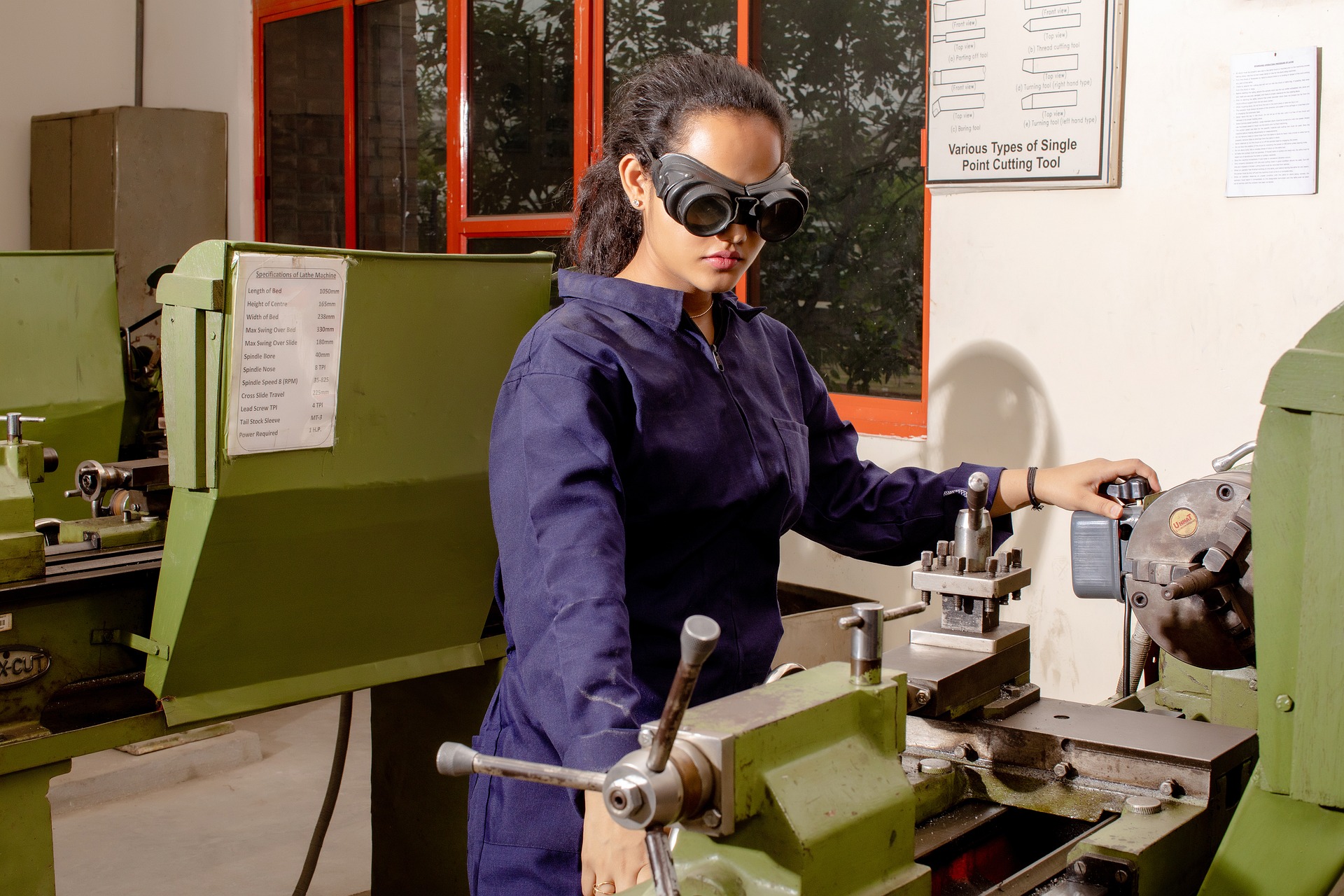Thriving in an Age of Automation: An Examination of the New Career Landscape
The world of work is undergoing a dramatic transformation. As automation becomes more prevalent, job seekers and professionals alike are faced with the challenge of adapting to this new landscape. This article takes a closer look at the rise of automation, its implications for the career market, and how individuals can position themselves for success in this evolving environment.

The Dawn of Automation: A Historical Perspective
Automation is not a new phenomenon. The Industrial Revolution of the 18th and 19th centuries marked the first major wave of automation, as machinery began to replace manual labor in many industries. However, the advent of digital technology in the 20th century brought about a new era of automation that has continued to accelerate into the 21st century. From manufacturing to customer service, numerous sectors have seen a shift from human labor towards automated processes.
The Current State of Automation: Unveiling the Trends
Today, automation is more prevalent than ever, driven by advances in technologies such as artificial intelligence (AI), machine learning, and robotics. According to a report by McKinsey, up to 45% of current tasks could be automated using existing technology. As these technologies continue to improve, we can expect this figure to rise, reshaping the job market in profound ways.
How Automation is Transforming the Job Market
Automation has both positive and negative implications for the job market. On the one hand, it can lead to job displacement, as machines take over tasks previously performed by humans. On the other hand, it can also create new job opportunities in fields related to technology and automation. For instance, there is a growing demand for professionals skilled in AI, data science, and robotics.
Strategies for Success in an Automated World
So, how can individuals thrive in an age of automation? One strategy is to upskill or reskill in areas that are in high demand in the automated world. This could involve learning how to code, gaining proficiency in AI and machine learning, or developing skills related to data analysis. Another strategy is to focus on skills that are uniquely human and cannot be easily automated, such as creativity, critical thinking, emotional intelligence, and interpersonal skills.
Concluding Thoughts: Embracing the Future
While the rise of automation presents challenges, it also offers opportunities for those who are prepared to adapt and evolve. By staying informed about trends in automation and strategically developing relevant skills, individuals can position themselves for success in the new career landscape. As we move further into the age of automation, the ability to adapt and learn will become increasingly important. After all, in a world where machines can learn, so must we.






